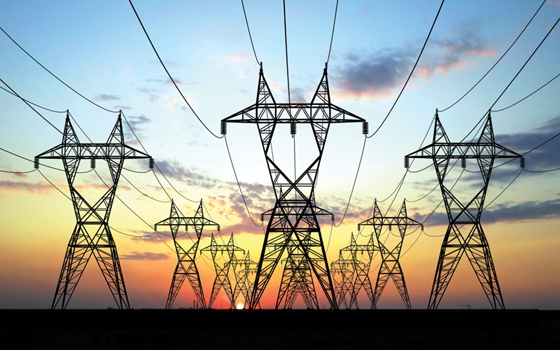The next phase of Qatar's mega power transmission and distribution project is expected to start in the current quarter of this year. The estimated $2bn worth project 'Qatar Power Transmission System Expansion-Phase 13' is scheduled to be completed by the fourth quarter of 2018, a latest report on GCC's power sector revealed.
Qatar, as part of its long-term investment plans for revamping and expanding its power sector, has earmarked over $10bn, which includes projects in all stages including those on hold but likely to be activated soon. Given the sharp growth in population (mainly due to influx of foreign workers), Qatar is witnessing significant growth in the demand for utilities. The country's peak demand of electricity in 2015 was about 7,000 megawatt (MW) of electricity and 330 million gallons per day of water, which is expected to grow by 6-8 percent. And Qatar is yet to witness the all-time peak demand of utilities in the run-up to the 2020 FIFA games preparations. The Qatar Electricity and Water Company (QEWC), country's main producer of utilities, is much ahead enhancing the installed capacity which is always maintaining big surplus than the actual peak demand.
With the completion of ongoing projects, including the Umm Al Houl plant, the estimated installed capacity is expected to exceed about 11,000 MW of electricity and 490 MIGD of water by the end of 2018.
When it comes to the combined level of investments of all the GCC countries put together, the power sector of all the six-member states will require about $50bn of investment in new power generating capacity, noted the report on GCC Power Market Overview by Ventures Onsite for Middle East Electricity.
The GCC is expected to add 76.8 gigawatts (GW) of capacity for power generation between 2016 and 2020, according to Pan-Arab energy investment bank Apicorp estimates.
The region's electricity consumption is expected to reach 856 terawatt-hours by 2020, requiring 100 GW of additional power over the next 10 years to meet the demand, noted the report, citing data from the International Renewable Energy Agency (IRENA).
Strong economic and demographic growth in GCC economies such as highly energy-intensive industrialization programs, special economic zones, industrial parks and warehousing complexes are expected to drive a dramatic surge in power consumption in these countries, including Qatar. As the demand increases, the GCC countries are also experiencing significant requirements for power sector infrastructure development.
The GCC countries have collaborated in developing a joint Gulf power grid, to develop the region's electricity network and also help unify the six countries. The grid has already led to savings of $3bn in investments, in addition to a savings of $330m of operating costs and fuel, according to the GCC Interconnection Authority.
The total value of GCC power projects is estimated to be worth $247bn (as of February 7, 2016). Saudi Arabia registered the highest project value among the GCC countries worth $118bn followed by the UAE and Kuwait, noted the report.
The Peninsula
24 August
























































